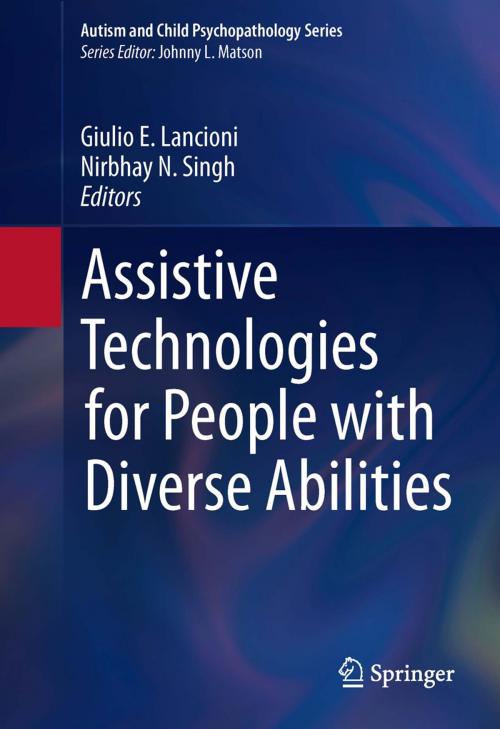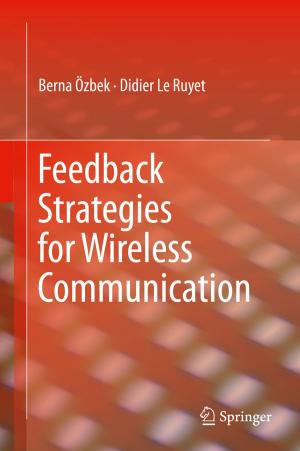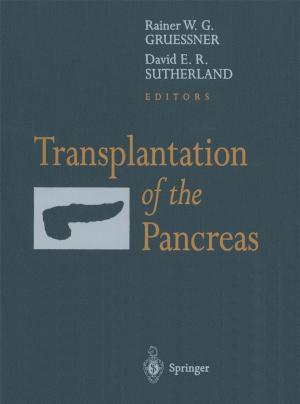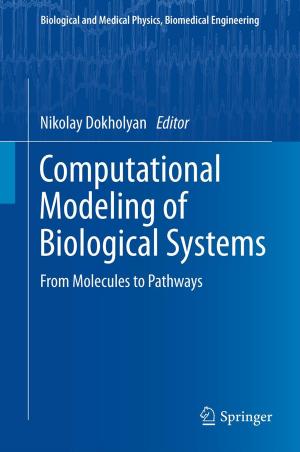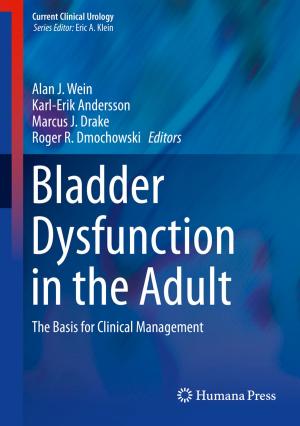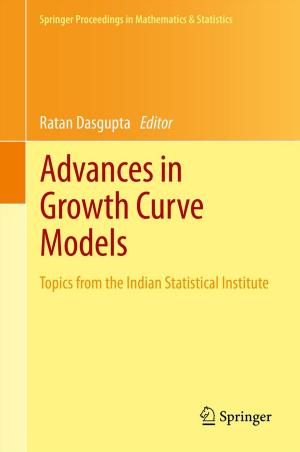Assistive Technologies for People with Diverse Abilities
Nonfiction, Health & Well Being, Medical, Specialties, Physical Medicine & Rehabilitation, Psychology, Developmental Psychology| Author: | ISBN: | 9781489980298 | |
| Publisher: | Springer New York | Publication: | January 7, 2014 |
| Imprint: | Springer | Language: | English |
| Author: | |
| ISBN: | 9781489980298 |
| Publisher: | Springer New York |
| Publication: | January 7, 2014 |
| Imprint: | Springer |
| Language: | English |
The familiar image of the disabled tends to emphasize their limitations and reduced quality of life. However, many peoplewithcognitive, motor, and other difficulties alsohavethe capacitytoenhance their social interactions, leisure pursuits and daily activities with the aid of assistive technology. Assistive devices from the simple to the sophisticated, have become essential to intervention programs for this population. And not surprisingly the numbers of devices available are growing steadily.
Assistive Technologies for People with Diverse Abilities offers expert analysis of pertinent issues coupled with practical discussion of solutions for effective support. Its comprehensive literature review describes current and emerging devices and presents evidence-based guidelines for matching promising technologies to individuals. Program outcomes are assessed, as are their potential impact on the future of the field. In addition, chapters provide detailed descriptions of the personal and social needs of the widest range of individuals with congenital and acquired conditions, including:
- Acquired brain damage.
- Communication impairment.
- Attention and learning difficulties (with special focus on college students).
- Visual impairment and blindness.
- Autism spectrum disorders.
- Behavioral and occupational disorders.
- Alzheimer's disease.
- Severe, profound and multiple impairments.
The scope and depth of coverage makes Assistive Technologies for People with Diverse Abilities an invaluable resource for researchers, professionals and graduate students in developmental psychology, rehabilitation medicine, educational technology, occupational therapy, speech pathology and clinical psychology.
The familiar image of the disabled tends to emphasize their limitations and reduced quality of life. However, many peoplewithcognitive, motor, and other difficulties alsohavethe capacitytoenhance their social interactions, leisure pursuits and daily activities with the aid of assistive technology. Assistive devices from the simple to the sophisticated, have become essential to intervention programs for this population. And not surprisingly the numbers of devices available are growing steadily.
Assistive Technologies for People with Diverse Abilities offers expert analysis of pertinent issues coupled with practical discussion of solutions for effective support. Its comprehensive literature review describes current and emerging devices and presents evidence-based guidelines for matching promising technologies to individuals. Program outcomes are assessed, as are their potential impact on the future of the field. In addition, chapters provide detailed descriptions of the personal and social needs of the widest range of individuals with congenital and acquired conditions, including:
- Acquired brain damage.
- Communication impairment.
- Attention and learning difficulties (with special focus on college students).
- Visual impairment and blindness.
- Autism spectrum disorders.
- Behavioral and occupational disorders.
- Alzheimer's disease.
- Severe, profound and multiple impairments.
The scope and depth of coverage makes Assistive Technologies for People with Diverse Abilities an invaluable resource for researchers, professionals and graduate students in developmental psychology, rehabilitation medicine, educational technology, occupational therapy, speech pathology and clinical psychology.
